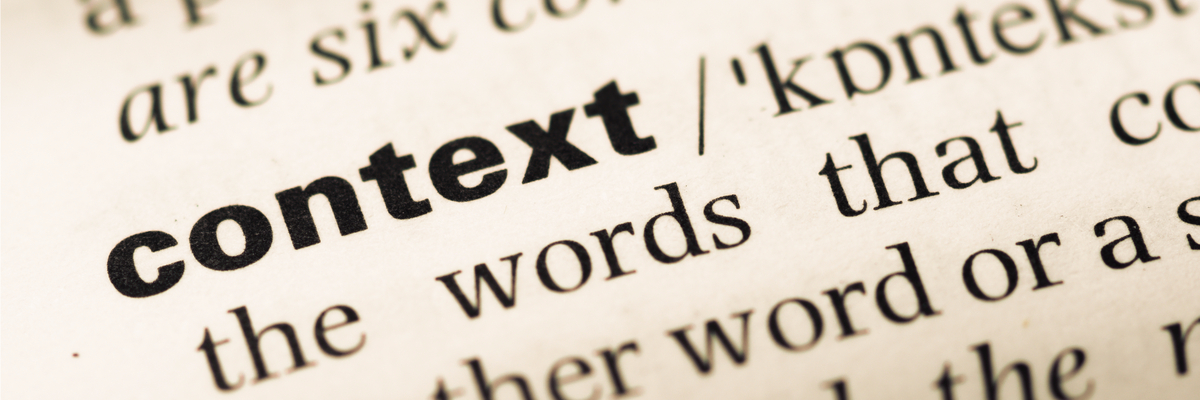15 Context Questions Leaders Should be Asking
07 Mar 2022

 I am not one for too many leadership models and frameworks, although I think they provoke thought. A model is only a snapshot of leadership not an organic view of the “weft and weave” of organisational life.
I am not one for too many leadership models and frameworks, although I think they provoke thought. A model is only a snapshot of leadership not an organic view of the “weft and weave” of organisational life.
Given that before we decide on the leadership requirement for an organisation we need to understand the context and the environment that the leadership has to perform in. If the environment is risk averse and has a strong power “from the top” orientation, or, there is a bureaucratic focus on rules and regulations and processes then all talk about democratic leadership and consultative change processes, open systems, flexibility, collegiality, innovation, creativity will be pushing the proverbial up a hill.
Whilst leaders will have a strong orientation they are a combination of styles. The question is the degree or leaning of their style and what is important in the context of the organisational lifecycle and the external pressures that are bought to bear.
Boards also have a huge influence on the type of leader they are looking for and how much the Board will fulfil their governance role and how much they will stray into organisational leadership (and sometimes interfere in the CEO’s role).
Organisational lifecycles create “points in time” where different types of leaders are required.
Fit is critical. A capacity for focus and flexibility is important for success. There are a series of CONTEXT questions to consider. I am sure there are other questions as well but here is a starter list:
- What is the vision, purpose and values of the organisation?
- The organisation might have a strong culture but is it in alignment with my values?
- Who holds the power?
- Where do decisions get made?
- Who and what influences bear down from outside of the organisation and how powerful are these influences?
- What do people get rewarded and sanctioned for?
- Who are seen as the champions and potential leaders of the future?
- Where is the organisation in its lifecycle and do I fit at this time?
- What are the cultural norms?
- How well do people fit the culture?
- What and how can I influence decisions?
- What networks are the critical power based systems in place and who is in them?
- What is the timing essentials around elections, financial year targets, program imperatives, the change agenda?
- Do we have the people with the skills and capacity to fit the future?
- What organisational leadership is right at different points in time?
[pullquote]Leaders need to be able to set a course that makes sense and that people believe/buy into[/pullquote]
Leaders need to be able to set a course that makes sense and that people believe/buy into. That is a good start point, however they also need to be able to read the tea leaves. They need to understand the politics and timing imperatives. They need to recognise where the key influencers exist and how to get them on side or at least “in the tent”. They need to decide which parts of a system which has lots of moving parts do they keep still whilst they change other parts. As much as anything this brings the need to be able to sense an organisation (what it looks, smells, tastes, feels and sounds like).
I image leaders having invisible antennae running constantly where they are picking up intelligence and rubbish at the same time and have to sort it quickly and act if necessary to not only lead the organisation but be respected and admired by people in organisations.
Given all that, my own bias is toward clearly knowing the environment that the organisation exists in, knowing clearly what it is there for and who it serves and why. The imperative of service and stewardship, honesty and appropriate and timely disclosure is essential to leadership, organisational success and is life giving to its people.

